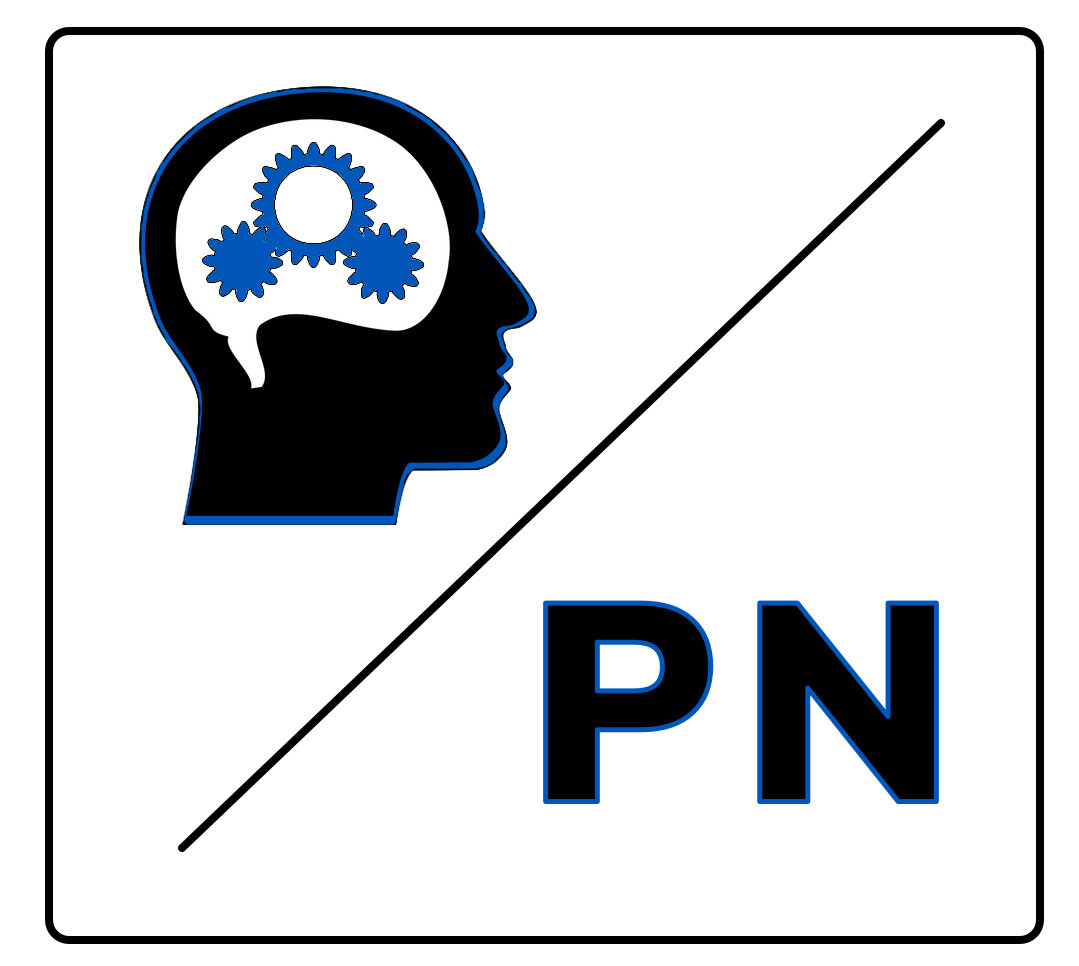The Best Way to Measure Cognitive Decline (or lack thereof!)
Imagine you go to a doctor and your blood pressure reads a little high. If you had been going to the same primary care doctor for several years, you may be rest assured that your doctor knows that your blood pressure has always run a little high, and because you have a healthy lifestyle, you have nothing to worry about. Had you not had this relationship, the doctor that you saw would not know such information and may prescribe blood pressure medication or a change in lifestyle.
The same situation can be said for measuring cognitive abilities over time. The vast majority of people undergoing a neuropsychological evaluation are referred because they are already having symptoms. The neuropsychologist evaluating them is left to use strategies to estimate what their baseline abilities likely were in order to determine the extent of any cognitive decline. Undergoing a baseline assessment before the presence of any symptoms will allow you to have actual numbers to compare over time. Most often this serves to assuage concerns about cognitive decline by having objective data to show that no identifiable change has taken place.
Unfortunately, health insurance will not currently pay for such testing, though a push for more preventative medicine may bode well for this type of testing in the future.
